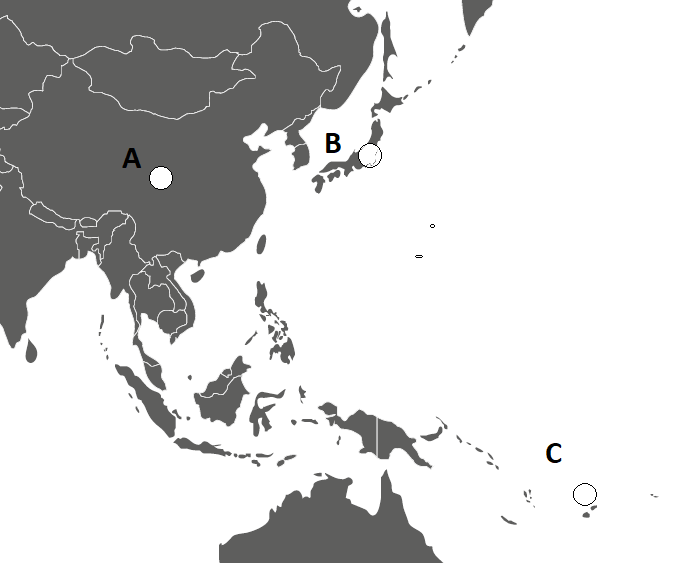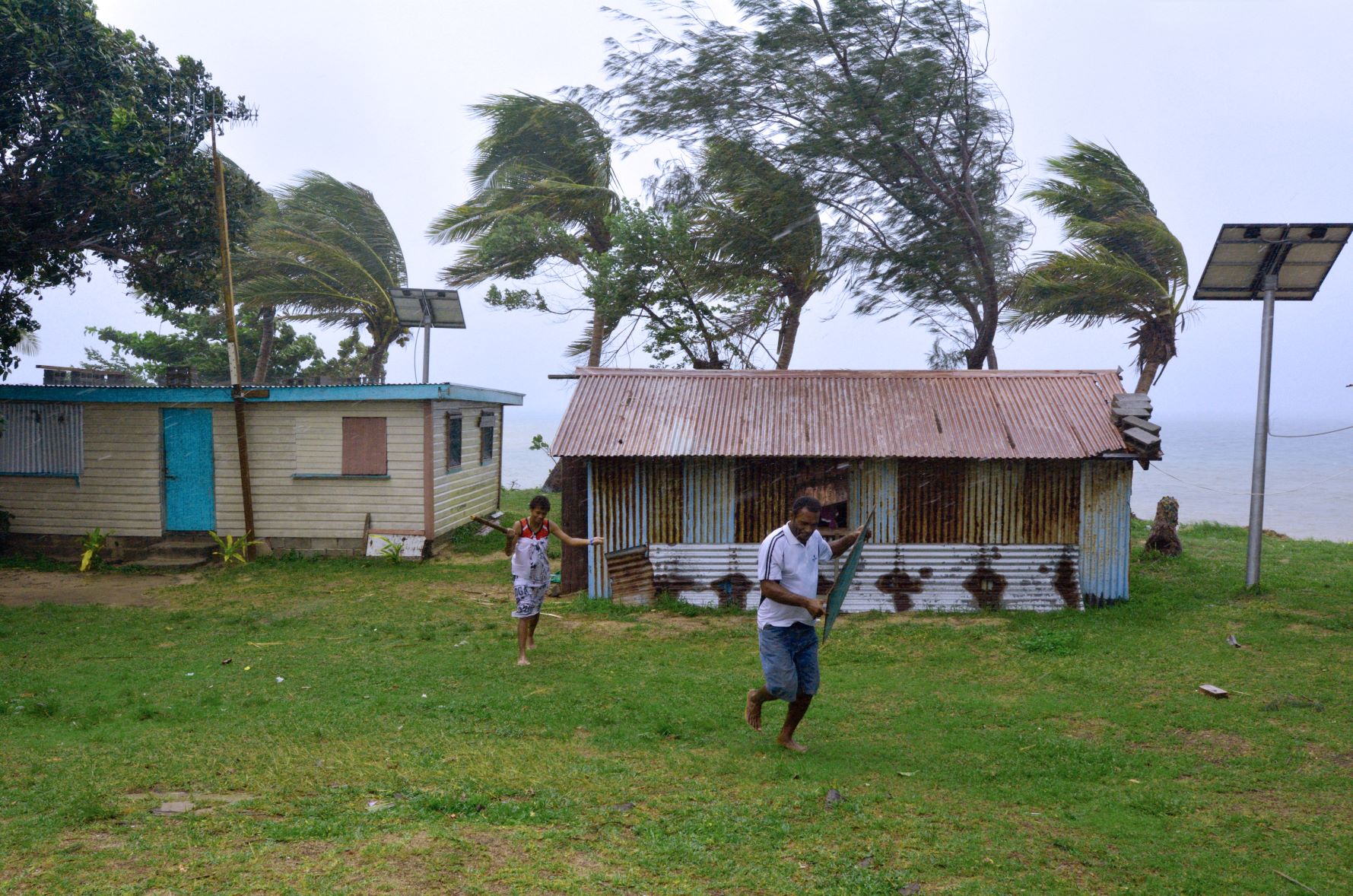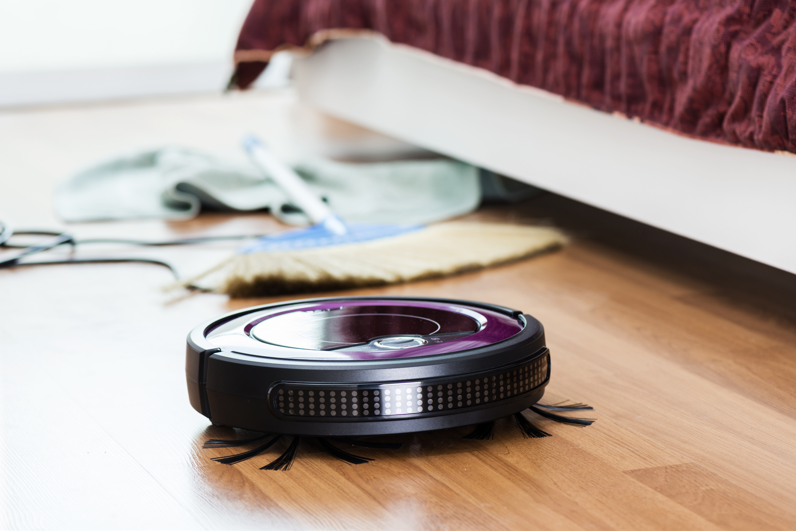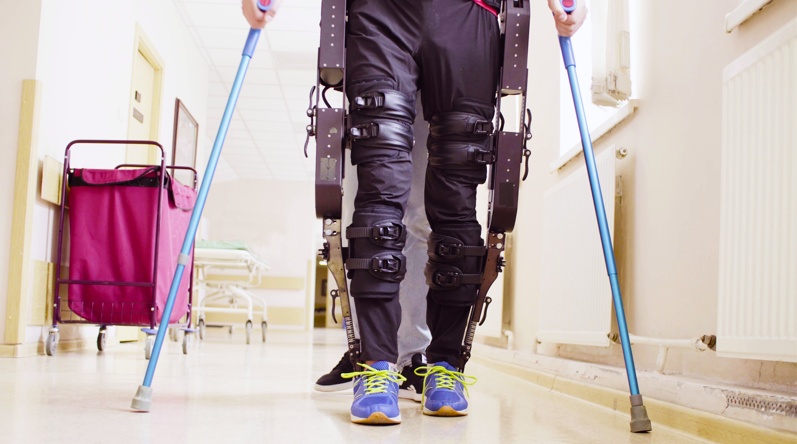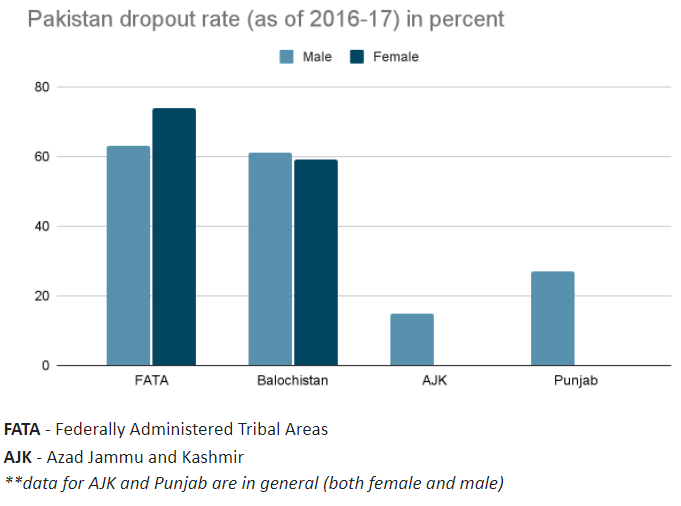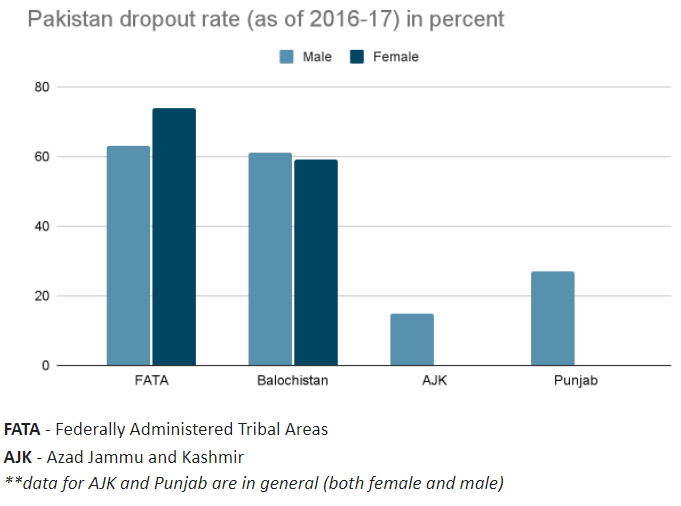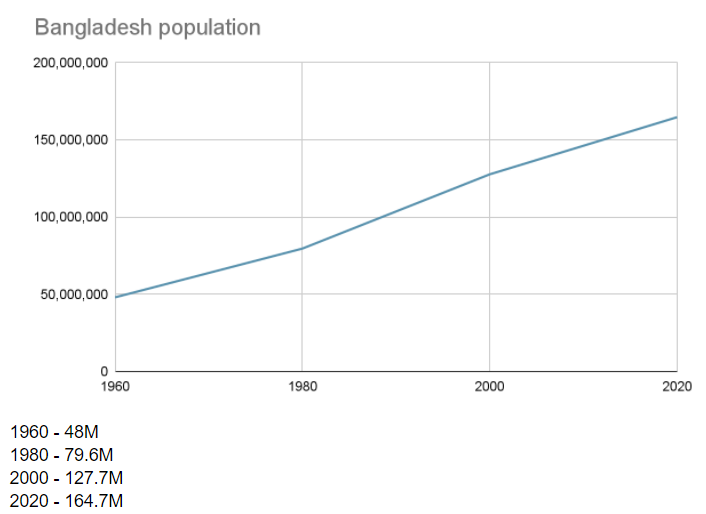


| Answer: |




|
expect 予期する、期待する
How many people are you expecting to come?
|

|
arrive 到着する
The customer arrived at exactly 1 p.m.
| 
|
prefer ~を好む
Would you prefer a table by the window?
|


| 1. | They ______ at the restaurant at 7 p.m. |
| 2. | Which do you ______, French or Italian dressing? |
| 3. | What time do we ______ a group of customers with reservations today? |











| 1. | How many nights would you like to stay? |
| 2. | May I take your order now? |
| 3. | Which dressing would you prefer, French or Italian? |
| 4. | May I ask who’s calling? |
| 5. | Here is the menu. Please take your time. |


| STAFF: | How many nights __________ like to stay? |
| CUSTOMER: | I’d like to stay for 3 nights. |

| STAFF: | May I ______ your order now? |
| CUSTOMER | I’d like a Caesar salad, baked potato, and pork chop. |
| STAFF: | Is that all, sir/ ma’am? |
| CUSTOMER | Yes. that’s all. Thank you. |

| STAFF: | Which dressing would you ______, French or Italian? |
| CUSTOMER: | I’d like French dressing. |

| STAFF: | May I ask ______ calling? |
| CUSTOMER: | This is David Sy from room 1223. |

| CUSTOMER: | Could I see the menu? |
| STAFF: | ______ the menu. Please ______. |
| CUSTOMER: | Thank you! |




| STAFF: | A table ______ two, sir/ma’am? |
| CUSTOMER: | A table for four. please. |

| STAFF: | Is this table __________? Please have a seat. |
| CUSTOMER: | I’d prefer a table by the window. |

| CUSTOMER: | Would you like ______ about 10 minutes? |
| STAFF: | Sure, it’s fine. |

| STAFF: | Would you like anything ______ before dinner? |
| CUSTOMER | I’d like a glass of water, please. Thank you. |




| CUSTOMER: | Hello, a table for two, please. |
| STAFF: | I’m afraid we have no tables at this moment. Would you like to wait about 10 minutes? |
| CUSTOMER: | Sure, it’s okay. |
| STAFF: | I’ll call you as soon as your table is ready. Would you prefer a table by the window? |
| CUSTOMER: | Yes, please. |




| CUSTOMER: | Hello, a table for two, please. |
| STAFF: | I’m ______ we have no table at this moment. Would _____________ about 10 minutes? |
| CUSTOMER: | Sure, it’s okay. |
| STAFF: | I’ll call you as soon as your table is ______. Would you _______ a table by the window? |
| CUSTOMER: | Yes, please. |




| CUSTOMER: | Hello, a table for two, please. |
| STAFF: | I’m afraid ______________________________. Would you ______________________________? |
| CUSTOMER: | Sure, it’s okay. |
| STAFF: | I’ll call you ______________________________. Would you ______________________________? |
| CUSTOMER: | Yes, please. |




| Situation 1: |
You are a customer service representative for a hotel. A customer is calling to reserve a room. Please assist him or her.
(Your tutor will pretend to be a customer.)
|


– Next Friday, June 28th, for one night, please
– Just me, one person.
| Situation 2: |
A customer would like to have breakfast in a restaurant. Please take his or her order.
(Your tutor will pretend to be a customer.)
|


– Two slices of toast with butter, please.
– Tomato juice, please.
| Situation 3: |
A customer would like to have dinner in a restaurant. Please show him or her a table.
(Your tutor will pretend to be a customer.)
|


– I prefer a table by the window.
– Sure, I can wait.
| Situation 4: |
A customer would like to book a hotel room. However, all rooms are already booked that day. Please assist him or her.
(Your tutor will pretend to be a customer.)
|


– Well, I have things to do early in the morning on the 28th, so it has to be on the 27th. Is there any way I can get a room?
– I see.



| 1. | Which location do you prefer for your vacation—the countryside or the city? Why? |
| 2. | What kind of service would you like to have at the hotel? |
| 3. | What is your favorite Japanese dish? |








 GOOD
GOOD 




